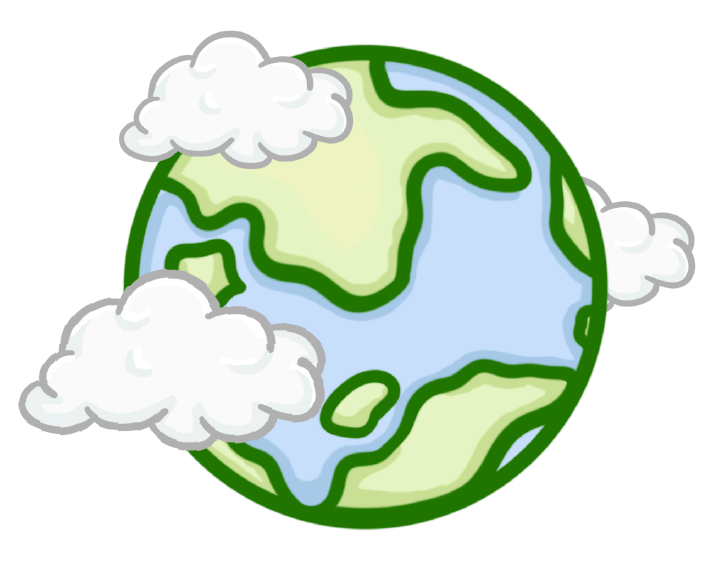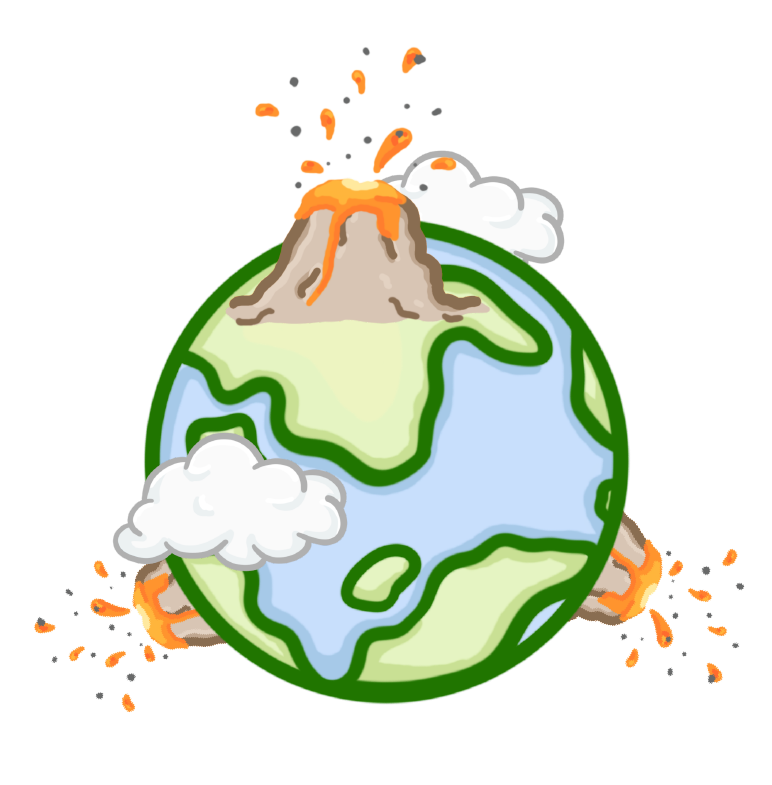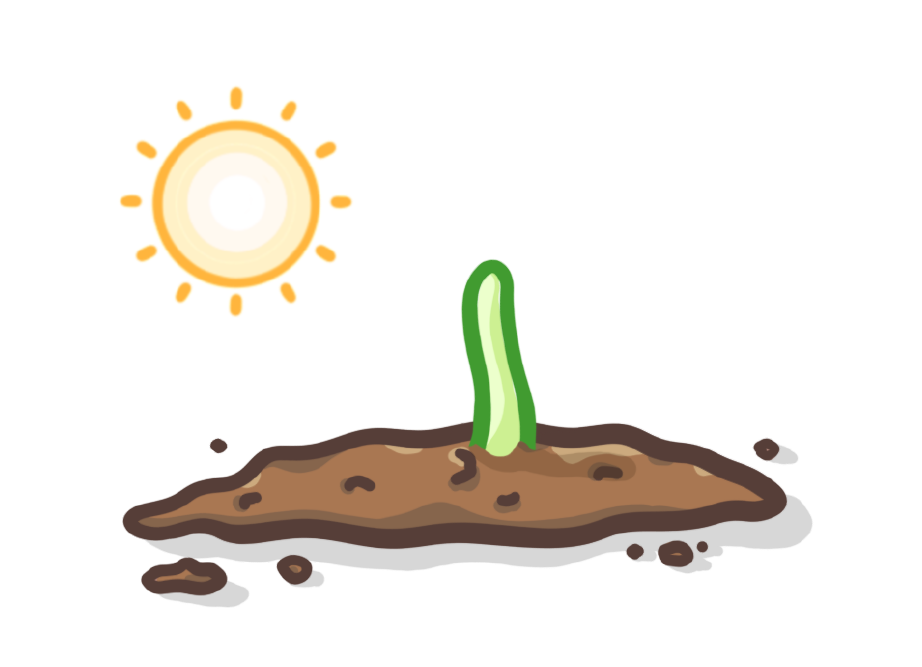Welcome to the Quiz!
This quiz contains 10 questions from a mix of 1 subtopics.
Roughly how old is the planet Earth?
Around 2.7 billion years old
Around 4.6 billion years old
Around 13.7 billion years old
|

Which gas makes up around 80% (78.09% to be exact) of the Earth's atmosphere?
Carbon dioxide
Nitrogen
Oxygen
Argon
|
Which gas makes up around 20% (20.95% to be exact) of the Earth's atmosphere?
Argon
Carbon dioxide
Oxygen
Nitrogen
|
Which of the gases below contribute less than 1% to the Earths atmosphere?
(Select all that apply)
Oxygen
Nitrogen
Carbon dioxide
Argon
|
In the first billion years, the gases that formed Earth's early atmosphere came mainly from which source?
Volcanic activity
Photosynthesis by plants and algae
Burning of fossil fuels
|

During the first billion years, which two of the following gases were released from volcanoes?
Oxygen
Carbon dioxide
Water vapour
|
Cooling of the Earth
dissolved / cool / warm / sediments / condense / oceans / carbonates
- Around a billion years after it formed, the earth began to . This allowed water vapour to into liquid water and form the .
- When the oceans formed, carbon dioxide in the water, and were precipitated, producing .
- Steps 1 & 2 dramatically reduced the amounts of water vapour and carbon dioxide in the atmosphere.
|
Starting 2.7 billion years ago, which process started to increase the amount of oxygen in the atmosphere, and further decreased the amount of carbon dioxide?
Volcanic activity
Photosynthesis by plants and algae
Burning of fossil fuels
|

Complete the word equation for photosynthesis:
carbon dioxide + ➔ oxygen +
|
As photosynthetic organisms such as plants and algae died, the carbon they contained became trapped in rocks, and fuels.
|